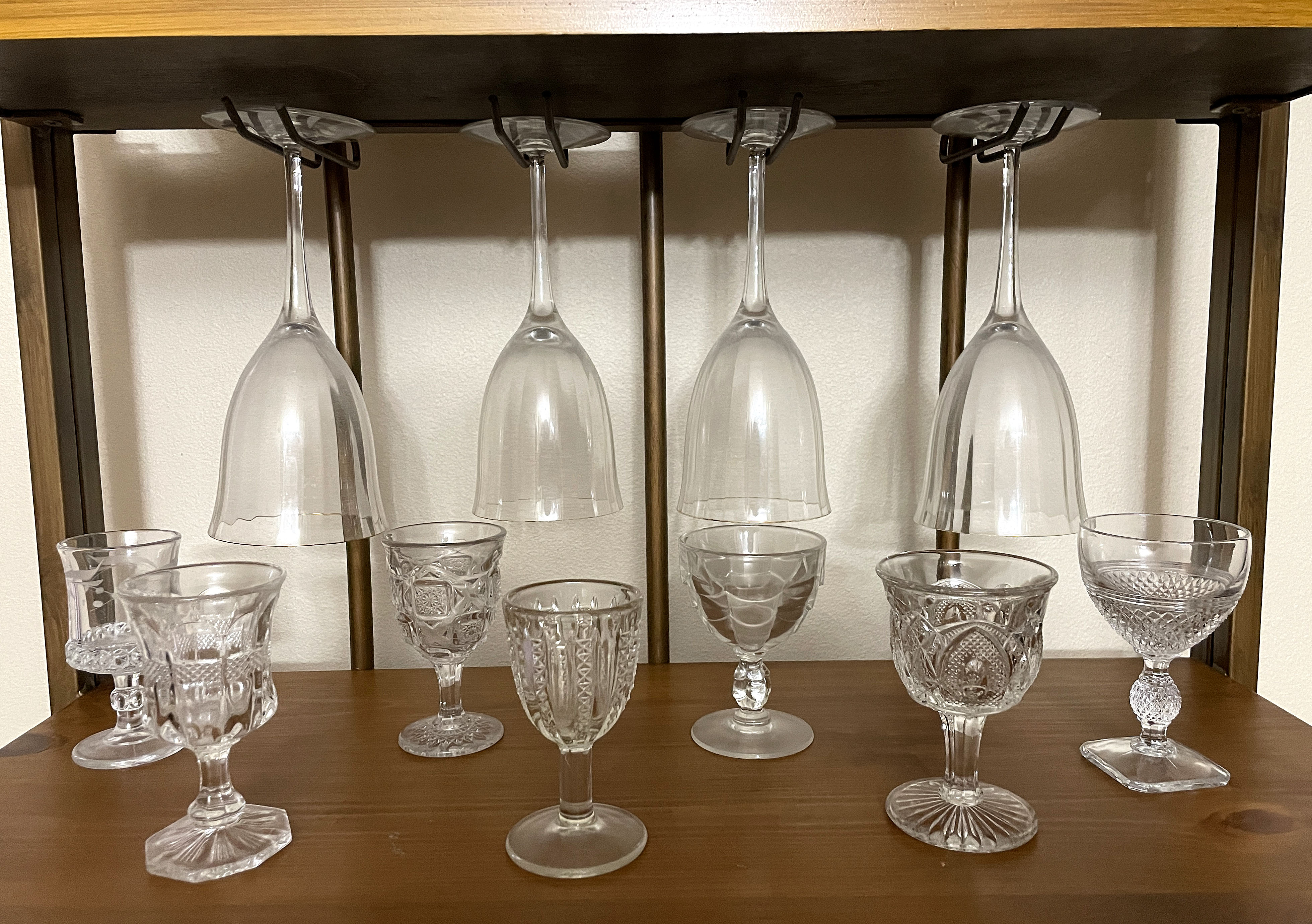
After more than a year of constant virtual meetings, my eyes are shot—bloodshot. For fear I was doing permanent damage, I made an appointment with my ophthalmologist. As part of the exam, he placed some dye in my eyes and shined a bright light directly at them. Suddenly, I could see every blood vessel in my eye. It was so shocking, I jerked my head and nearly knocked him over. He told me that those blood vessels are always visible but that our minds block them out. They would be a constant distraction otherwise. It would be like looking at the world through a forest of branches.

What is more amazing, than blocking out all of those capillaries, is the fact that your mind fills in the black lines of the vessels to make the picture whole in our minds.
I know that we have an amazing capacity to block out sensory stimuli. It’s the reason I say things like, “When did they build that apartment complex?”, and my husband says things like “I just told you that!” (If you don’t believe me, take this awareness test: https://youtu.be/Ahg6qcgoay4).

It makes evolutionary sense if you think about it. Can you imagine being constantly aware of every molecule of shifting air as it hits your body, every flash of light crossing your vision, and every soundwave bouncing off your eardrum? It would be overwhelming. It would be impossible to think of anything else. We filter out a tremendous amount of stimuli so that we can attend to other information. The new apartment building is much less important than the stoplight, pedestrians, and oncoming traffic.
But do we all pay attention to the same sensory information? I think not. We filter information through our lived experiences, cultural and familial expectations and norms, and religious or spiritual beliefs. Without thinking, information is taken in at rates determined not just by how well we see, smell, or hear, but whether or not we drank our coffee, had an argument with our partner, got to workout, had car trouble, gained or lost a pound, have a work deadline looming…. all the things that color our mood, and interfere with or focus our attention. And yet, if I asked you to describe the world, you could. You would describe the world as you know it. Because you experience it firsthand through your senses, you see it as real and true.


According to Stephen Burnett, “Every organism inhabits a world that is the sum total of all the information being received and processed by that organism’s nervous system.”1 For example, the giraffe and the rock python inhabit the same area, but they live worlds apart. Like every other organism, we live in different worlds because we perceive the world differently. The world of humans is even more vast when technology is present because it can bring the entire world to us. For the rabbits in my backyard, the world is about an acre of land where they must brave the King (my husband who loves his lawn) and his two four-legged, sharped-toothed beasts (my puppies who want to play with them) just to feed their families. Our oasis is their gauntlet. For humans, we not only experience the space we physically live in, but we experience the whole world filtered both through our interests and choices and through the filter of what others think we should see, feel, and pay attention to.
Part of the challenge of being human is that we believe our experiences. We trust what we see and our interpretation of it. We don’t notice the branches obscuring our view or that our mind has elegantly filled in the missing information with what aligns with our expectations and prior experience.
That makes it very hard to understand each other sometimes. When you describe a world so different from my experience, I might think that you must be wrong. For if you are not wrong, then how can I be right. After all, I have my experience as proof that I am right.

Is this duality the truth of the world or the myth of it? Can some things be both right and wrong? Is the world really black or white? If it is good for me, does that negate that it is bad for you? A weed to me, might be a flower to you. One person sees a guerilla, another person sees a freedom fighter.
Whether we are talking about our families, local communities, or the world, honoring the different and valid ways we experience the world is critical. How can we better understand each other? How can we truly see the different worlds we inhabit together? How can we let someone else’s experience fill in those blind spots in our eyes, especially when it would be far easier to let your mind fill them in with only your world view?
Listen with compassion and a desire to understand rather than convince.
See with new eyes and question your perspective.
Smell the flowers, even if you think they are weeds.
Feel what it must be like to walk in someone else’s shoes.
Break bread together (or kitfo, souvlaki, kimchi, goi cuon, biryani….) and learn the history of the dishes.
Open your eyes and relax your focus. You might be surprised what becomes clear.
1 (Burnett, S. (2011) Perceptual Worlds and Sensory Ecology. Nature Education Knowledge 3(10):75, https://www.nature.com/scitable/knowledge/library/perceptual-worlds-and-sensory-ecology-22141730/).






Leave a Reply